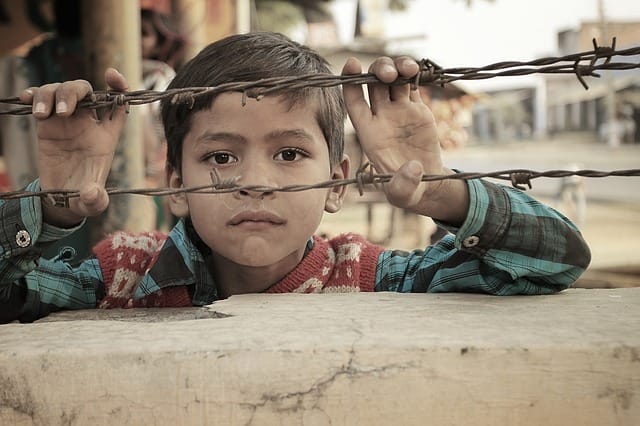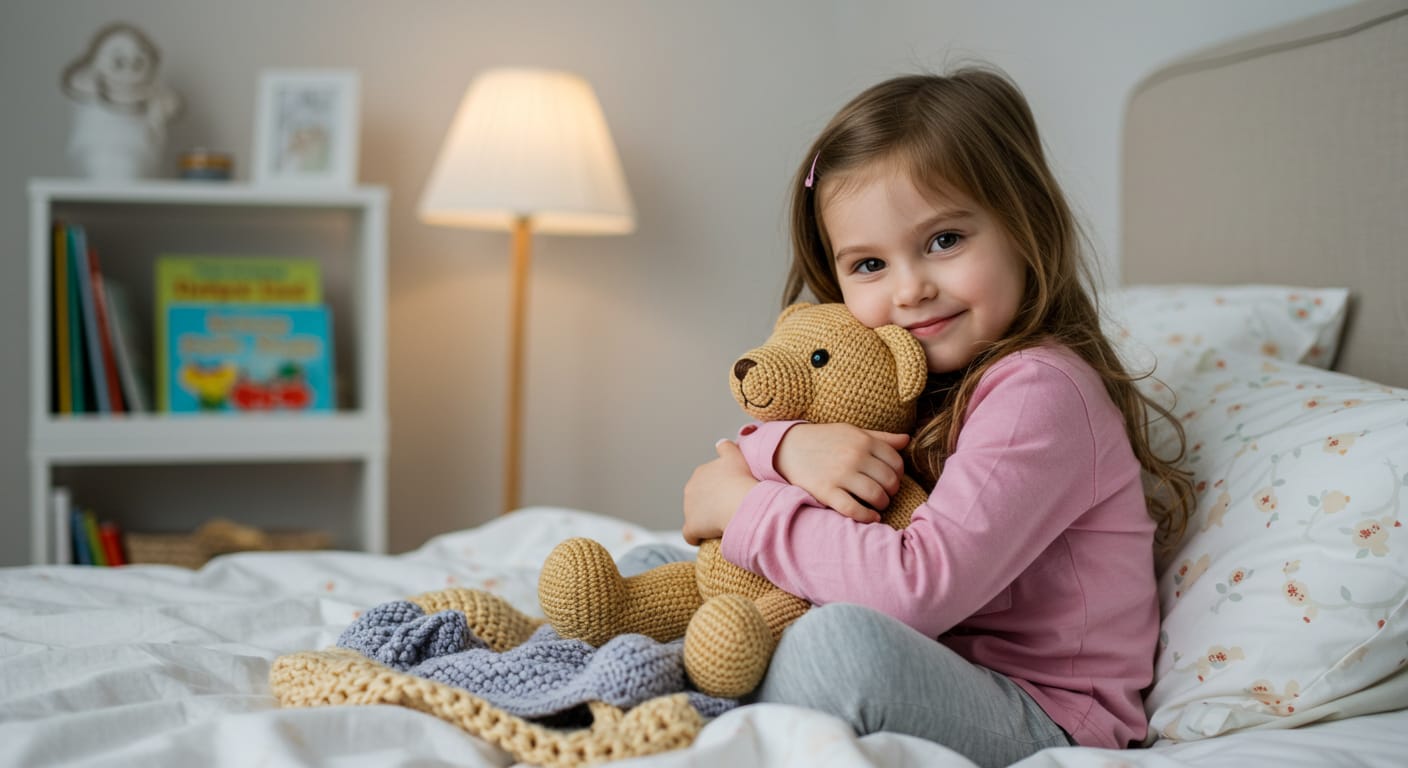Children
Protective custody is meant to provide a safe space for children when there is a serious threat to their health or well-being. In most cases, the state’s Department of Child Services intervenes and removes the child from their current environment due to abuse, neglect, or other dangers. A judge then determines what arrangement is in the best interest of the child and family.
Sometimes, a relative may step in to provide care, but often, the child is placed into foster care or state custody. When this happens, the child faces not only the trauma of their prior situation but also the uncertainty of being removed from their home.
Custody and Care
While the child protection system is far from perfect, its goal is to prioritize safety—especially for children coming from abusive or neglectful environments. Once placed into custody, children can expect to be removed from immediate harm. Social workers assess the child’s needs and place them in settings intended to offer structure, care, and emotional support.
When Problems Arise
A major concern arises when a child cannot return to their biological parents and is moved from one foster home to another. Unfortunately, this happens more often than it should. Common reasons include behavioral challenges or lack of foster families trained to handle specific needs. Some children may even be transferred to inpatient facilities or group homes.
These transitions are emotionally difficult. Children in these situations often feel isolated, unwanted, or forgotten, which can have lasting effects on their emotional and physical well-being.
Behavior and Belonging
Children in protective custody may act out—not because they’re “bad,” but because they feel disconnected and unvalued. They may struggle to trust adults, question their self-worth, and exhibit anxiety or depression.
The Department of Child Services works to improve placement compatibility by matching children with families or care environments that can meet their emotional, cultural, and developmental needs. Reducing the number of placements helps build a sense of safety and consistency.
Ensuring Comfort and Stability
Every child in protective custody already carries emotional burdens. It is essential that social workers, case managers, and foster parents collaborate closely to create a nurturing environment. Even small actions—like offering emotional support, stable routines, and genuine care—can make a huge difference.
Building trust with these children is critical. Once it’s broken, it’s hard to repair. That’s why consistency, patience, and compassion are key.
Our Responsibility
As long as proper safety precautions are taken and emotional needs are met, children in protective custody can still thrive—even within “the system.” But it takes committed adults and a compassionate support network to make that possible.
These children have already faced hardship. We must be the ones who restore their sense of hope, security, and worth. After all, children are our future, and protecting them is not just a duty—it’s a moral responsibility.



My husband is an officer, and he used to work with social services. While the kids are usually safer, there are, unfortunately, some foster families who are just as abusive. 🙁 Those poor children.
Donella, Correct. I work with disadvantage teens between age of 12-17 it is sad. These kids have endured great hardship…sometime from the caretakers.
This information is very interesting. I have a cousin who is currently trying to get her daughter back. I think it is going to happen, or at least her daughter will go to her parents which would be better, but so many people do not know the system or what could happen to children. Thank you for the great info.
Kristin, Glad this post was able to share important information and thank you for your support.
I appreciate this post. Recently we had to call cps for a kid at my church. I was the first one to come in contact with him that day but my momma called since she had contacts at the local cps. It was all so sad but I know it was for his best interest.
Aleshea, Hopefully the kid at your church would be safe and secure in a decent home. Thanks for your support